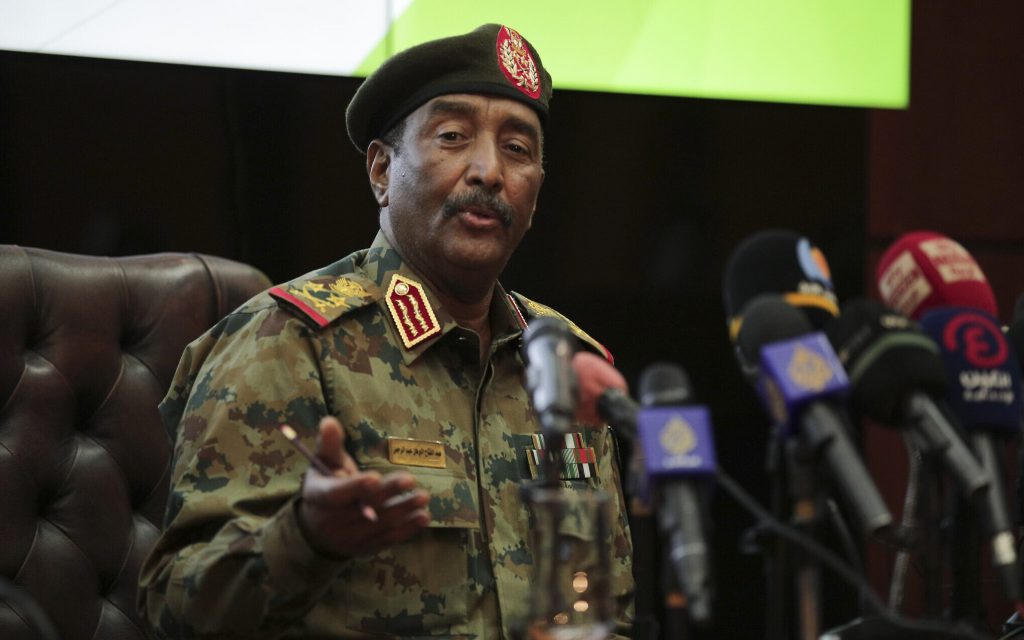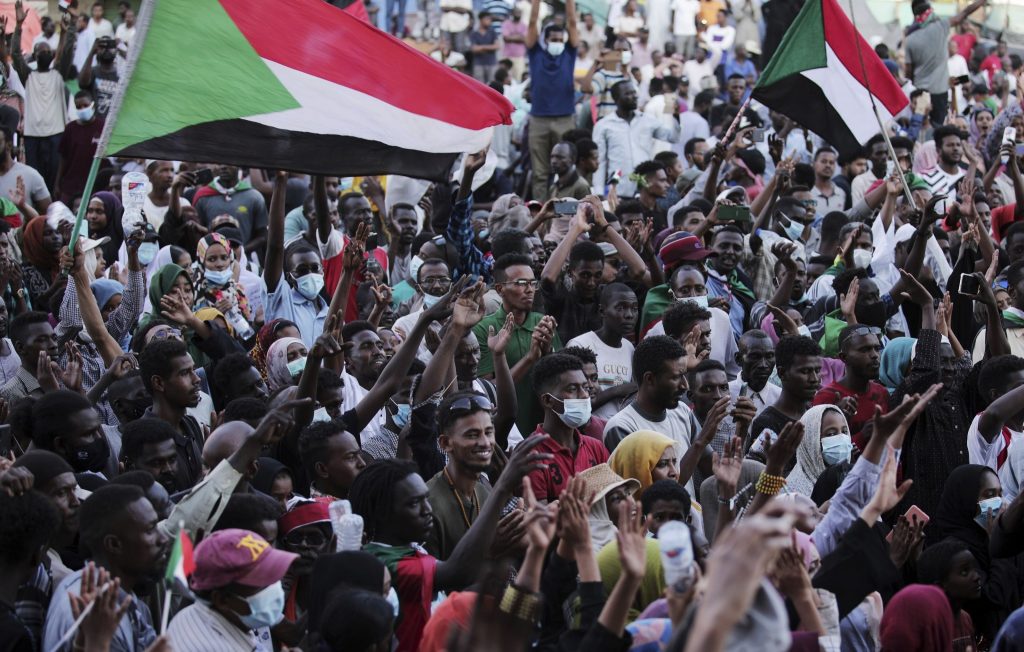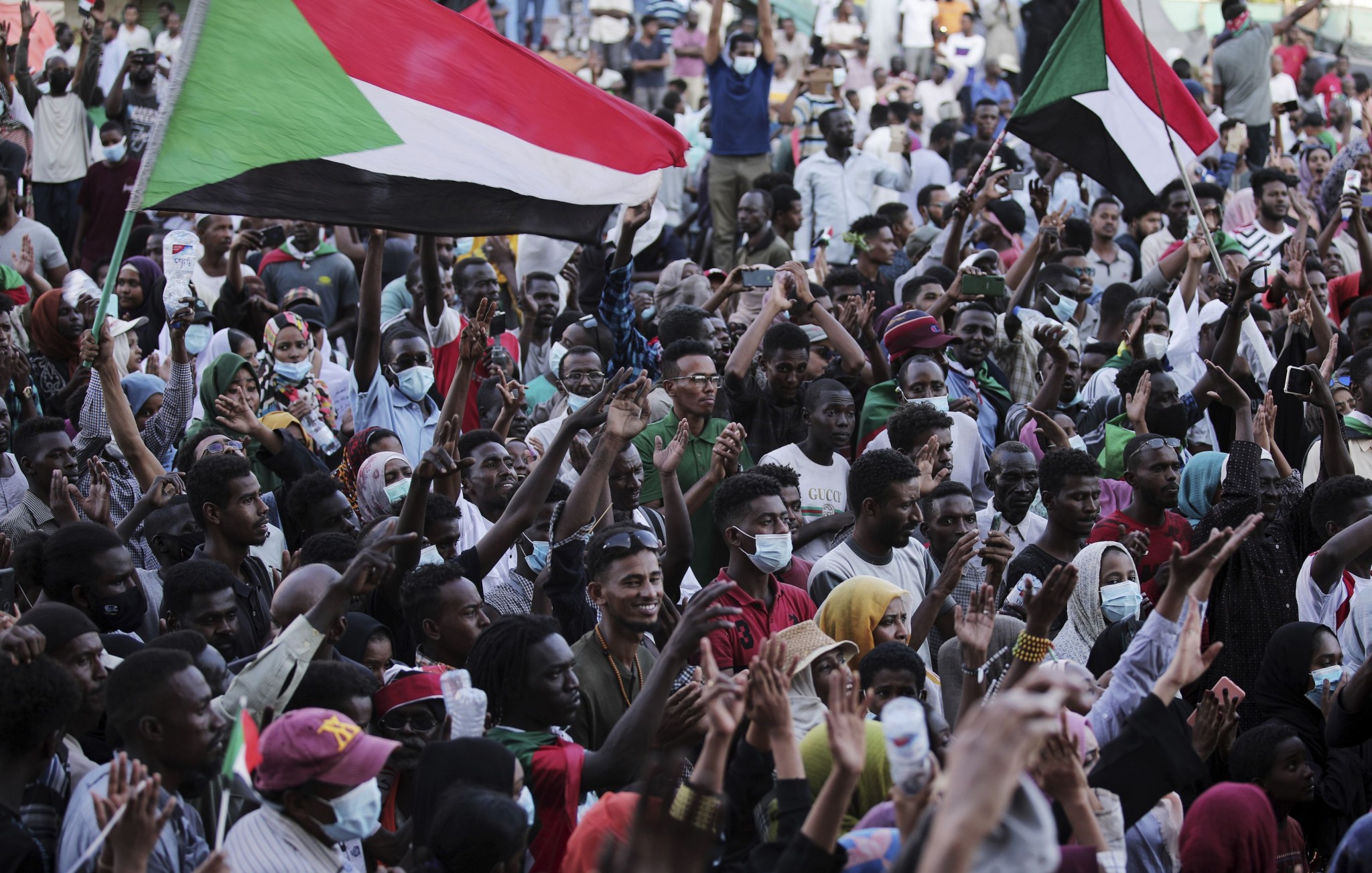Sudanese Military Coup Experiences Major Opposition
Liam Brucker-Casey
International News Editor
On October 25 2021, just over two years after Sudan began a transition to democratic rule, the Sudanese Military, led by Abdel Fattah al-Burhan, staged a coup and removed civilian leaders from power. Abdalla Hamdok, who had been Prime Minister since August 2019 was arrested on October 25, and after refusing to approve the military takeover, was imprisoned in an unknown location.

Leading up to the coup tensions had begun to flare between civilian and military elements of the transitional Sovereign Council, which was to be handed over to a civilian in a few months. The Sovereign Council was the result of a power sharing agreement between civilian and military officials, and was set to be succeeded by democratically elected officials at the end of 2022. This plan has now been thrown in disarray as a result of the coup. One point of conflict between civilian and military leaders involved the fate of Omar al-Bashir, the dictator who had ruled Sudan for 30 years. Bashir is wanted by the International Criminal Court, whether or not Bashir ought to be sent to the Hague divided members of the Sovereign Council.
The military coup was received with widespread condemnation both in Sudan and abroad. Civilians immediately took to the streets to protest the coup, and have continued to demonstrate in favor of a return to civilian rule. Groups that had been instrumental in demonstrations that led to the removal of Omar al-Bashir in 2019 called for the Sudanese people to oppose the October 2021 military coup. In the following days tens of thousands of Sudanese took to demonstrating in the streets demanding an end to the new military government. Street protests have occurred every day since October 25, with massive demonstrations taking place in the capital of Khartoum, its sister city Omdurman, and other major cities in the country.

UN Secretary General António Guterres condemned the coup and urged the military to respect the will of the Sudanese people and restore the previous government. The African Union suspended Sudanese membership, and made clear that reentry to the AU would be possible only when the transitional government was restored. The United States halted its $700 million in direct government assistance, with restoration of funds dependent upon restoration of the former government, while aid to NGOs in Sudan would be unchanged.
Former Prime Minister Hamdok is still proving a thorn in the side of Burhan and his supporters, as not only has he refused to provide the coup legitimacy through official sign-off, but is still demanding that all political prisoners arrested since October 25 be released.
The refusals of Hamdok, the widespread outrage and opposition of the Sudanese populace, and the consequences imposed by international players has denied Burhan a simple stroke of state. Instead, Burhan and his supporters have established only a weak grip on power, one that many Sudanese hope can be capitalized upon to restore the previous government.
Contact Liam at liam.bruckercasey@student.shu.edu

